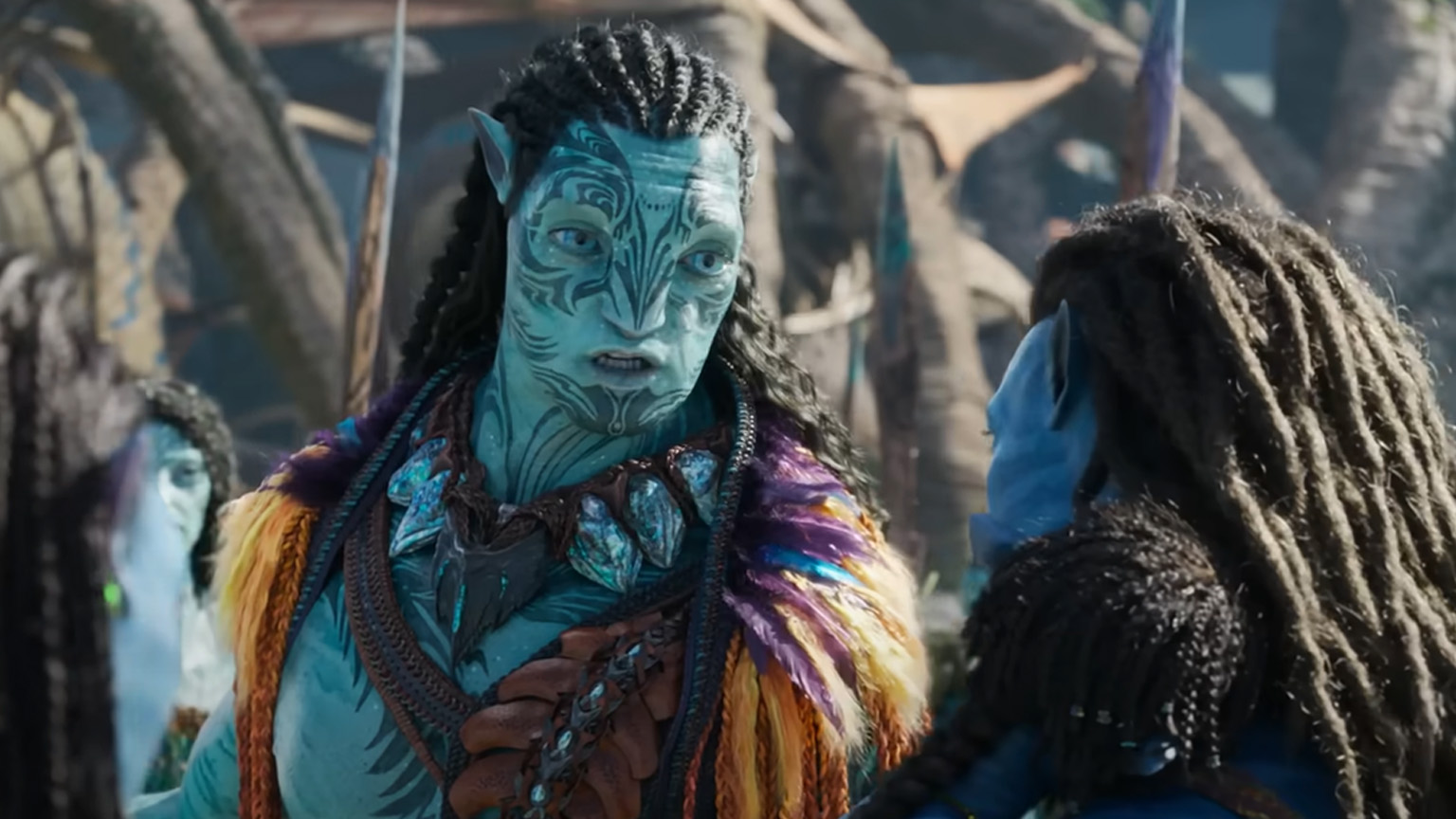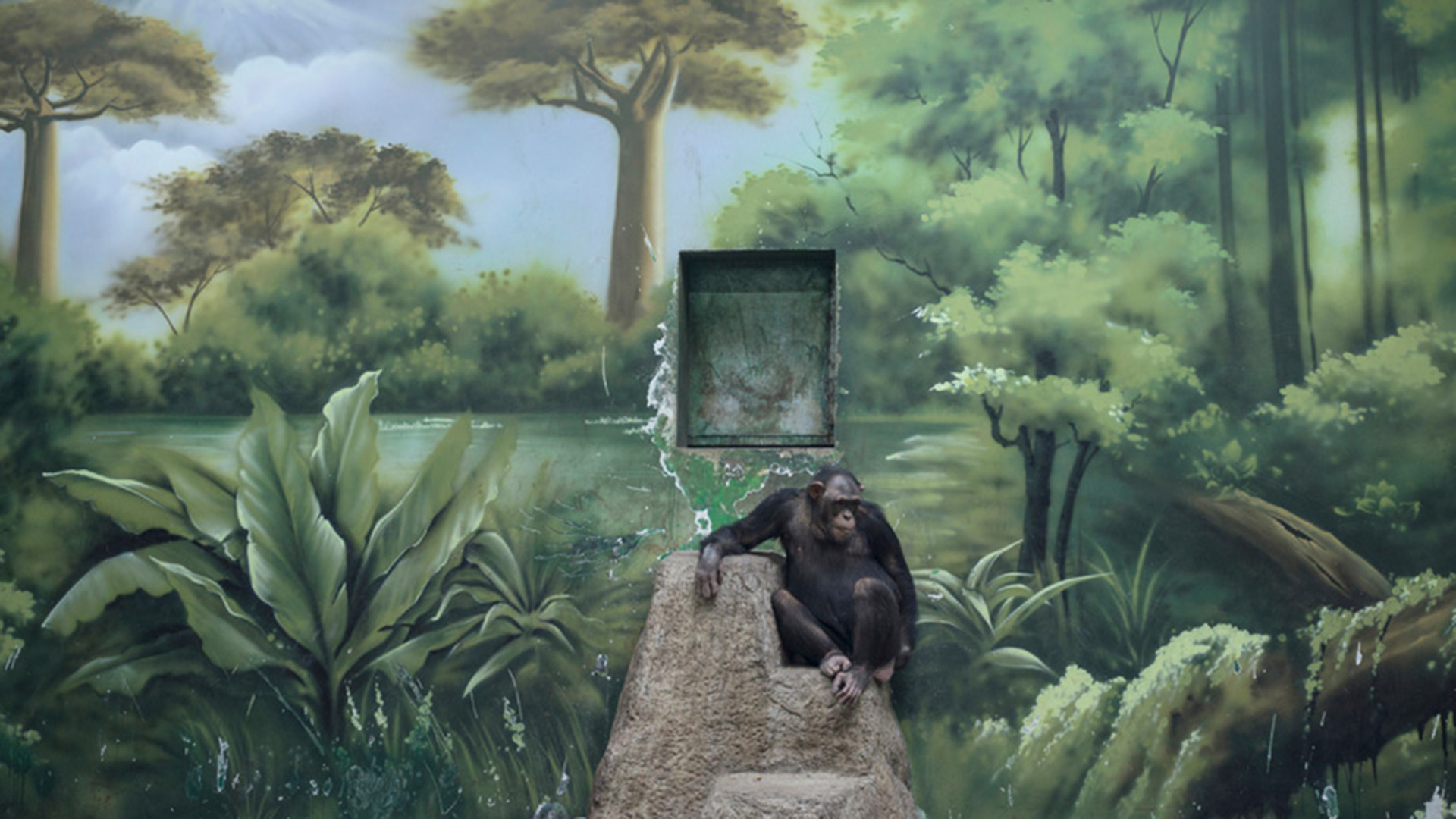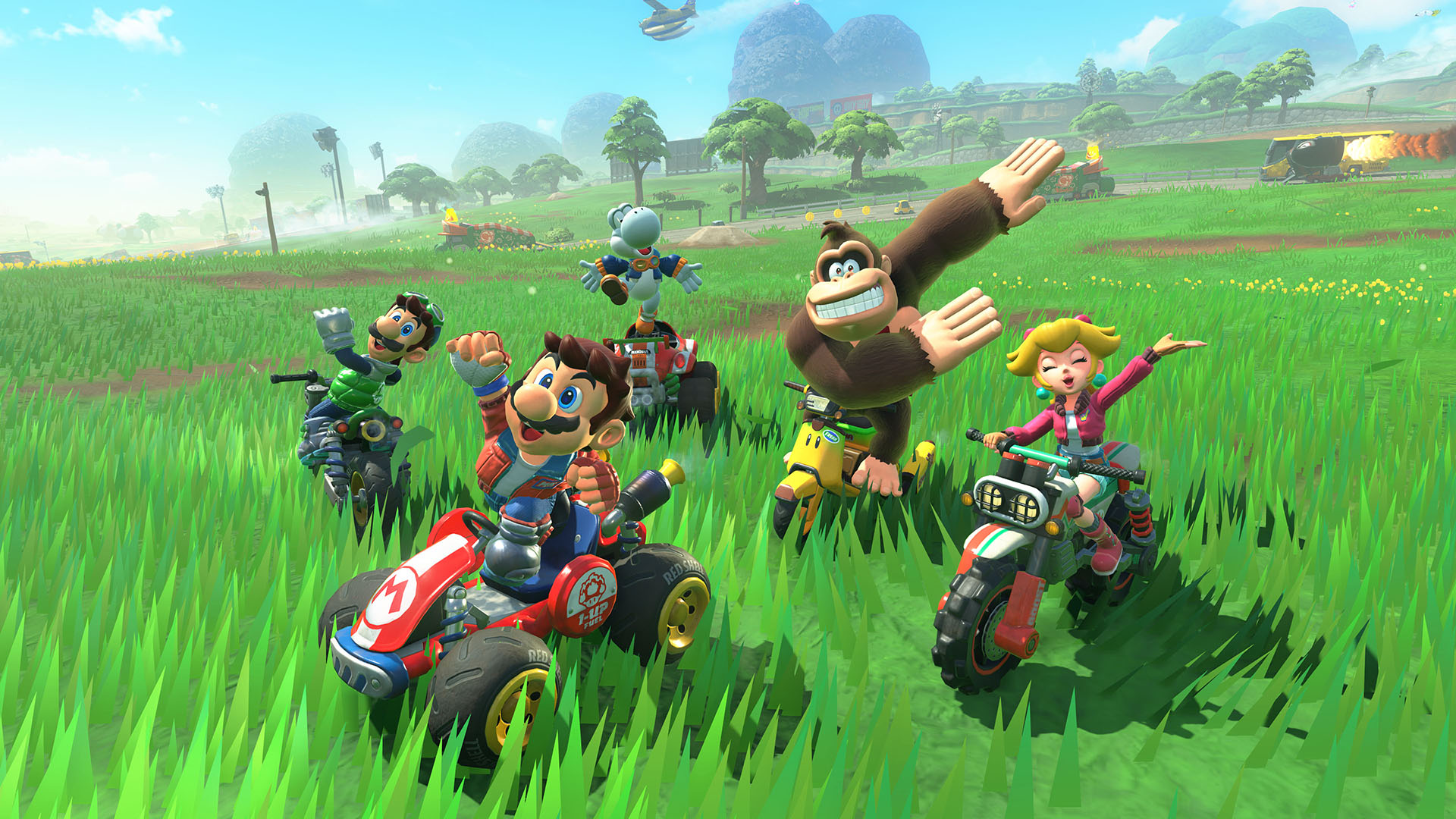

It's been an extraordinary day for the TV and movie industry: for the first time in 40 years the Screen Actors Guild, the organisation that represents everyone from extras to movie stars, has voted to go on strike. The SAG is striking alongside the Writers Guild of America, which has been striking since 2 May. That means lots of films including the sequels to Avatar: The Way of Water (pictured) will now be on ice.
These strikes are going to have a massive effect on TV and film production: as a suitably dramatic example, the cast of Oppenheimer walked out of their own movie premiere yesterday when the strike was announced. The writers' strike has already shelved production of films and big shows such as Season 2 of The Last of Us and Season 4 of The Boys, and the actors' strike will also stop production of movies whose scripts have already been written.
There are many reasons for the strikes, but they basically boil down to this: creatives claim that studios and streamers aren't paying them fairly, especially for streaming content. There are also huge concerns over AI being used to analyse and plagiarise writers' work without paying them, and to digitally capture actors' likenesses to use them forever for free.
If you're an ethical consumer, that raises a big question: can you still watch ethically? Is it safe to stream or are you crossing a digital picket line?
It's absolutely fine to stream shows and movies
The short answer is yes: it's okay to stream. Neither union is asking for a boycott at the moment, and for members it's important that you do keep watching the shows and movies they've worked on: they get paid fees called "residuals" when work is re-used. If shows get cancelled because nobody's watching them, there won't be any residuals to pay out.
The "it's okay to stream" thing may change, however, because there are signs that the studios intend to play dirty. In an astonishing report by Deadline, one studio executive said that "The endgame is to allow things to drag on until union members start losing their apartments and losing their houses" – something another insider called "a cruel but unnecessary evil." If the studios thought such hard talk would make the strikers weaken, it appears to have had the opposite effect.
It does seem that the strike is going to last for months rather than weeks, and that's going to have a seriously damaging effect on the strikers' livelihoods. And it'll also do a lot of damage to studios and streamers, whose schedules are already pretty messy after several weeks of the writers' strike.
Sign up to the T3 newsletter for smarter living straight to your inbox
Get all the latest news, reviews, deals and buying guides on gorgeous tech, home and active products from the T3 experts
That's because the strike doesn't just affect production. As the Oppenheimer cast demonstrated yesterday, it also affects the machine around finished productions: the press events, the re-shoots, the dialogue fixing and so on. So while there are a number of already-written blockbusters in production – Ghostbusters 4, Avatar 3 and 4, House of the Dragon and so on – the actors' strike means they're in limbo too.
Previous disputes like this one have been lengthy battles lasting 20 weeks or more, so this is unlikely to be resolved quickly. Expect to see a lot more old or imported shows and reality TV filling the schedules in the next few months.
Writer, musician and broadcaster Carrie Marshall has been covering technology since 1998 and is particularly interested in how tech can help us live our best lives. Her CV is a who’s who of magazines, newspapers, websites and radio programmes ranging from T3, Techradar and MacFormat to the BBC, Sunday Post and People’s Friend. Carrie has written more than a dozen books, ghost-wrote two more and co-wrote seven more books and a Radio 2 documentary series; her memoir, Carrie Kills A Man, was shortlisted for the British Book Awards. When she’s not scribbling, Carrie is the singer in Glaswegian rock band Unquiet Mind (unquietmindmusic).
-
 A new age of humanity wins the Sony World Photography Awards 2025
A new age of humanity wins the Sony World Photography Awards 2025Zed Nelson's Anthropocene Illusion highlights the influence of humans on the environment and the artificial spaces left for wildlife in a powerful set of images to win this year's SWPA Photographer of the Year
By Mat Gallagher
-
 How to watch Mario Kart World Direct – everything you need to know about the Switch 2 launch game
How to watch Mario Kart World Direct – everything you need to know about the Switch 2 launch gameNintendo will host a new Nintendo Direct presentation this week, here's how to watch it live and what to expect
By Rik Henderson